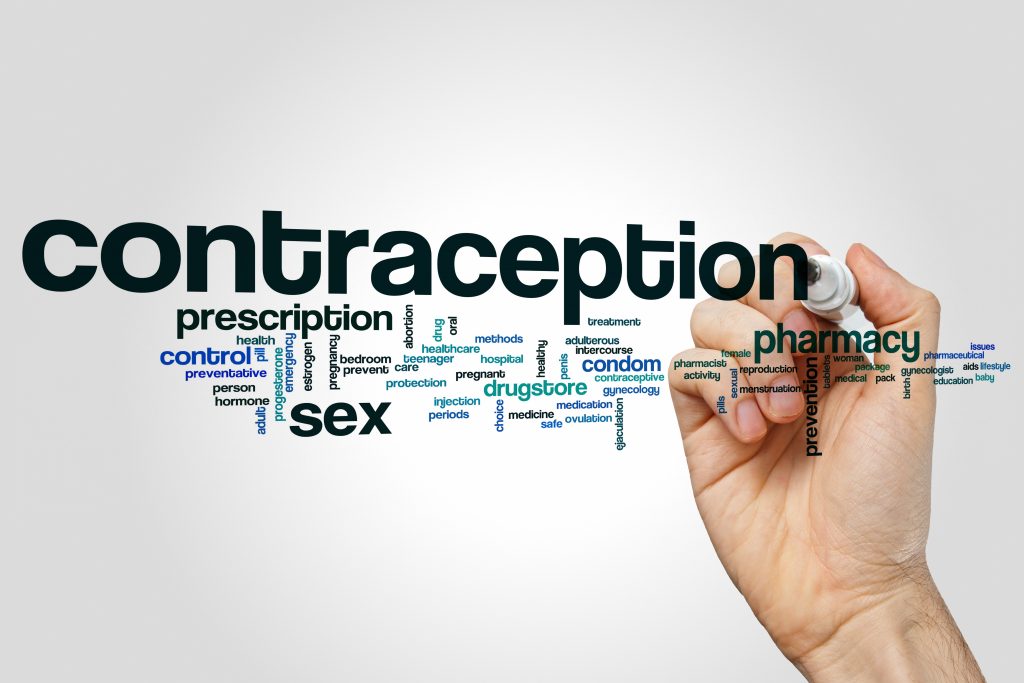132 Harley Street London W1G 7JX
Contraception, abortion and a good understanding of reproductive health are all work together to enable women to manage their fertility.

Contraception plays an even more important part in women’s health than abortion does as it can be used to control fertility, plan a family, and even to relieve some menstrual symptoms or in the case of condoms to prevent STIs. Choosing the right form of contraception and using it correctly is the best way to prevent an unwanted pregnancy.
If you are a sexually active heterosexual woman of reproductive age then there is always a chance you could become pregnant, even if you are using contraception. No method of contraception can provide 100% protection, even when it is working properly. Contraception can also fail or be misused, for example if a condom splits or you forget to take the pill.
More than half of the women who seek abortions in the UK were using contraception when they became pregnant. A quarter of them were using one of the most reliable forms of contraception, such as the pill or a contraceptive implant, which can prevent more than 99% of pregnancies. Women who are doing everything they can in order to avoid conceiving still end up with an unwanted pregnancy. Abortion enables these women to maintain control over their bodies.
Fertility returns to normal right after an abortion so it is vital for women who do not wish to become pregnant to start protecting themselves right away. It is a good idea to get contraception advice after an abortion in order to ensure that you are using the right method, especially if you conceived due to problems with your previous contraception. You should also be aware that some forms of hormonal contraception can take a week or so to start working.
©2022 132 Healthwise, All Rights Reserved.